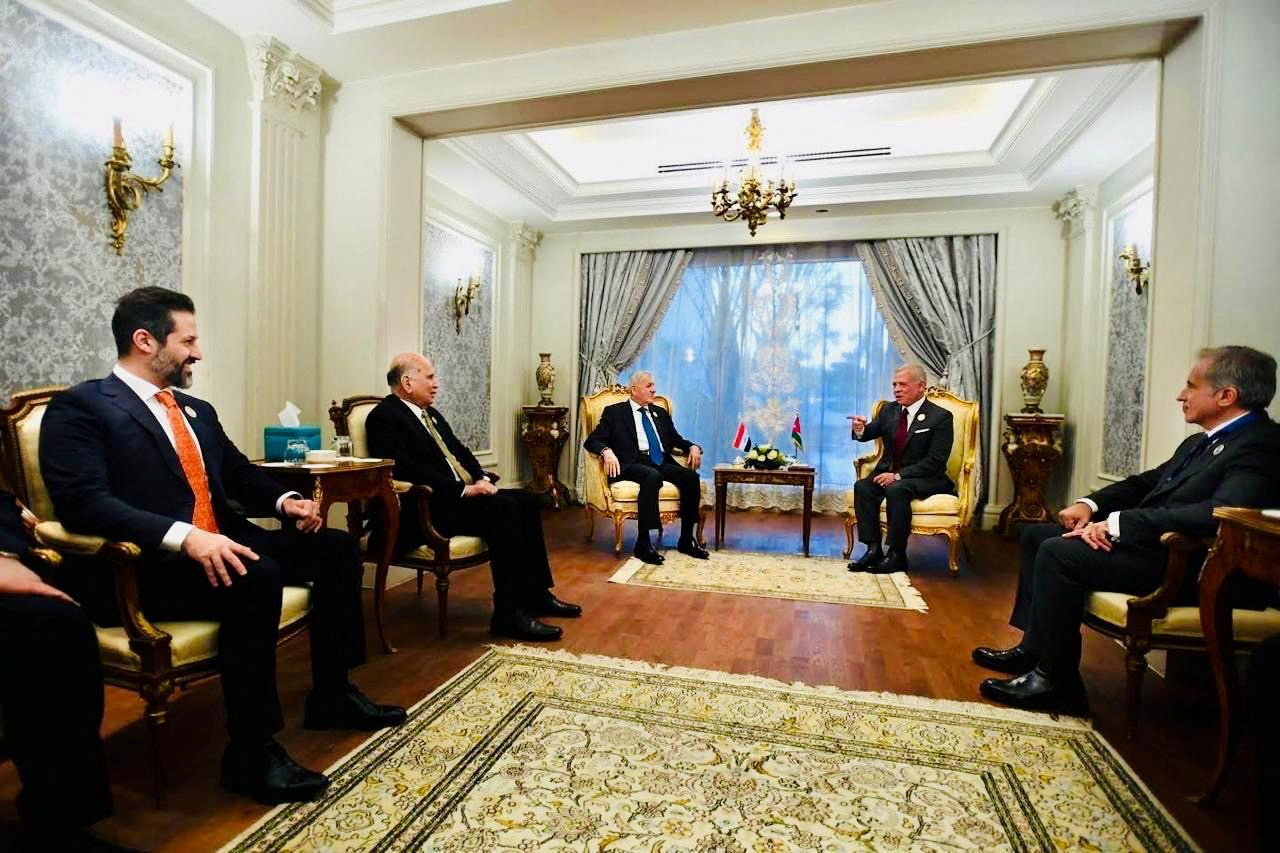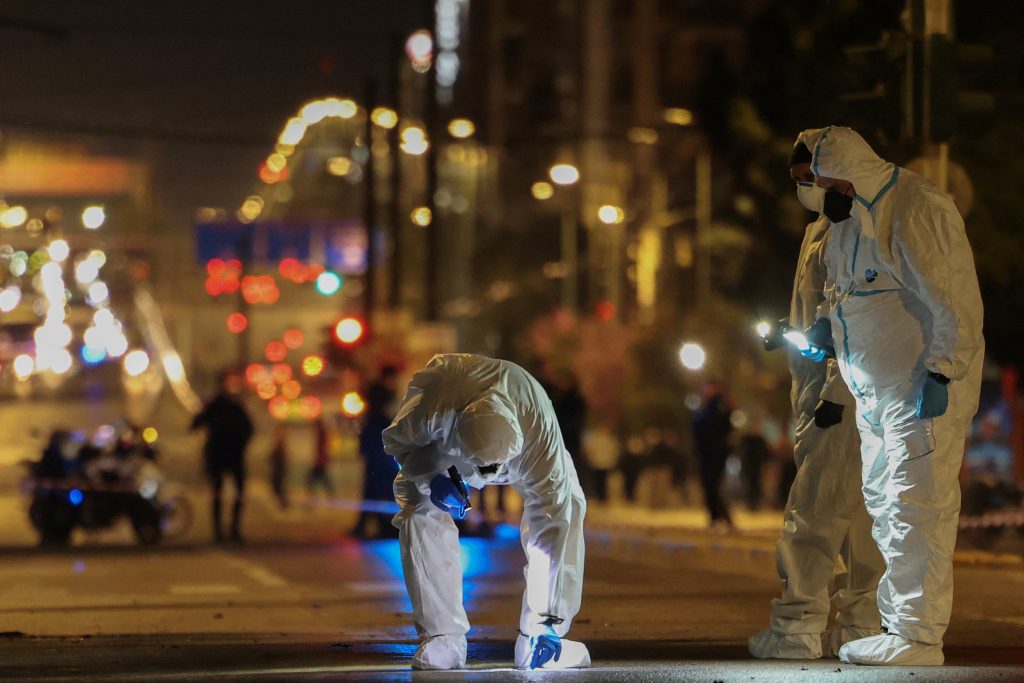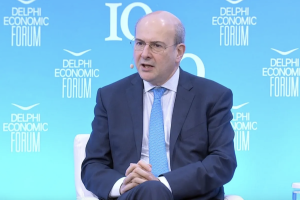Arab leaders have officially adopted Egypt’s $53 billion reconstruction plan for Gaza, rejecting U.S. President Donald Trump’s controversial “Middle East Riviera” proposal, which had called for the displacement of Palestinians and a U.S.-led administration in the enclave.
Egypt’s alternative vision, which gained backing at the Cairo summit on Tuesday, aims to restore Gaza without forcing Palestinians to leave and seeks to rebuild the war-ravaged territory through international funding and oversight.
According to Reuters, the White House quickly dismissed the Arab-backed plan, stating that it failed to acknowledge Gaza’s current uninhabitable state. “President Trump stands by his vision to rebuild Gaza free from Hamas,” White House spokesperson Brian Hughes said.
An Egyptian-Led Solution for Gaza’s Governance
Egypt, Jordan, and the Gulf states have spent nearly a month crafting an alternative to Trump’s “Gaza Riviera” vision, fearing that his proposal—which included mass Palestinian displacement and a U.S.-controlled administration—would destabilize the region.
A draft summit communique explicitly rejected forced Palestinian displacement, reinforcing Arab unity against Trump’s plan.
While the Egyptian proposal offers a more regionally acceptable path, major hurdles remain:
- Hamas’ continued military presence in Gaza complicates negotiations.
- Israel’s insistence on Hamas’ full eradication conflicts with Arab states advocating a gradual transition.
- Trump’s opposition means U.S. backing for reconstruction remains uncertain.
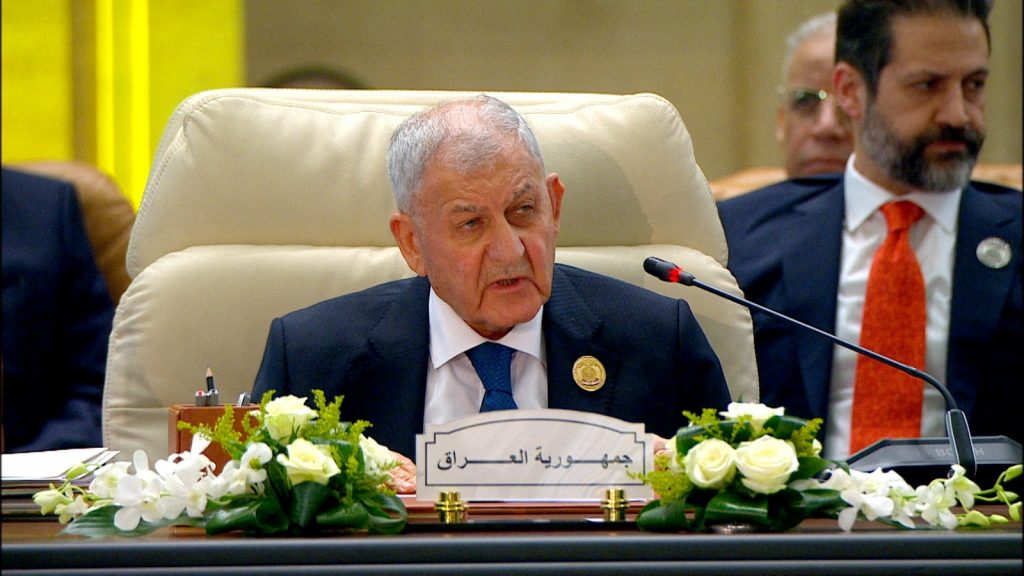
Iraqi President Abdul Latif Rashid attends the emergency Arab summit organised by Egypt, in Cairo, Egypt March 4, 2025. Iraqi President Media Office/Handout via REUTERS ATTENTION EDITORS – THIS IMAGE HAS BEEN SUPPLIED BY A THIRD PARTY. BEST QUALITY AVAILABLE.
The Egyptian proposal introduces a temporary governance structure through an administrative committee of independent Palestinian technocrats. This body would oversee humanitarian aid and reconstruction efforts, preparing Gaza for the eventual return of the Palestinian Authority (PA).
Egyptian President Abdel Fattah al-Sisi emphasized that the plan had been developed in coordination with Palestinian factions, including Hamas and the PA. Hamas confirmed its support for the initiative, agreeing not to field candidates for the committee, though it retains influence over its composition and agenda.
Palestinian President Mahmoud Abbas endorsed the plan and urged Trump to back a non-displacement approach to Gaza’s future. He also expressed willingness to hold presidential and parliamentary elections, a move welcomed by Hamas.
International Reactions: U.S. and Israel Reject the Plan
Israel and the U.S. both criticized the Egyptian-led initiative. The Israeli Foreign Ministry dismissed the proposal as “rooted in outdated perspectives”, arguing that Hamas was not fully removed from power.
Israel has insisted that any post-war settlement must include Hamas’ complete military and political dismantling. “If they are going to get Hamas to agree to demilitarize, it needs to be immediate. Nothing else will be acceptable,” an Israeli official told Reuters.
Hamas, however, has rejected disarmament. Senior Hamas official Sami Abu Zuhri stated that “resistance is non-negotiable”, rebuffing Israeli and U.S. calls to surrender its weapons.
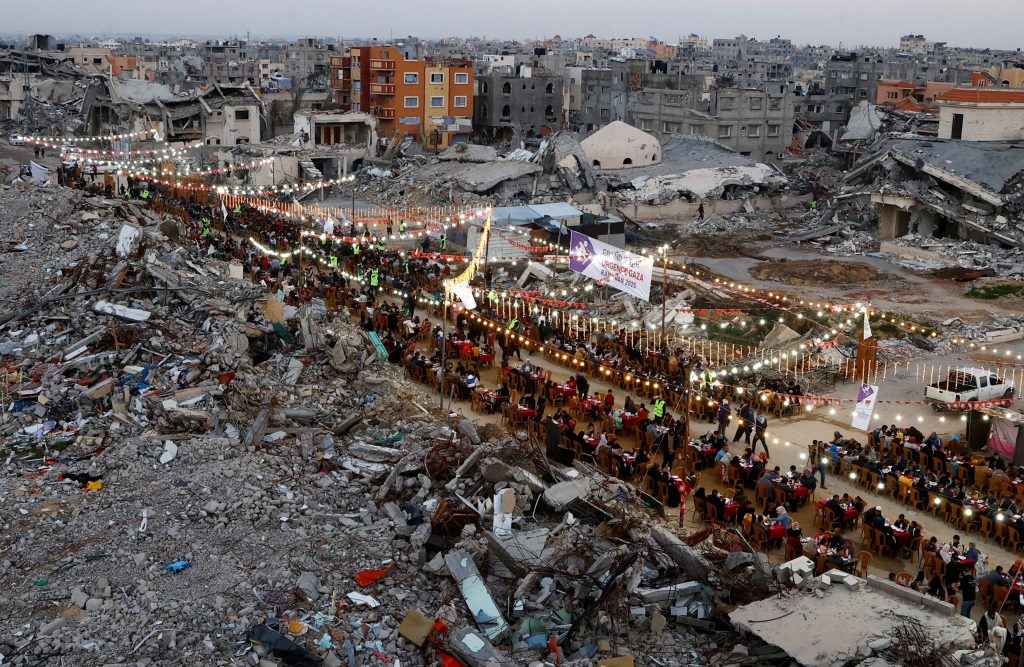
FILE PHOTO: Palestinians break their fast by eating the Iftar meals during the holy month of Ramadan, near the rubble of buildings, amid a ceasefire between Israel and Hamas, in Rafah, in the southern Gaza Strip, March 1, 2025. REUTERS/Hatem Khaled/File Photo
Rebuilding Gaza: Financial and Political Challenges
Egypt’s 112-page reconstruction blueprint includes detailed redevelopment maps and AI-generated visuals depicting future residential areas, community centers, a commercial harbor, a technology hub, and an international airport.
However, funding the $53 billion initiative will require heavy investment from Gulf states, particularly Saudi Arabia and the UAE. These oil-rich nations remain divided over Hamas’ role in Gaza’s future.
- Saudi Arabia is hesitant to support any plan that allows Hamas to retain armed control over Gaza, fearing backlash from the U.S. and Israel.
- The UAE, which considers Hamas an existential threat, has demanded the group’s immediate disarmament before committing financial aid.
- Qatar, a key financial backer of Hamas, has remained silent on the plan.
Palestinian Prime Minister Mohammed Mustafa confirmed that international financing would be sought through a fund possibly managed by the World Bank.
